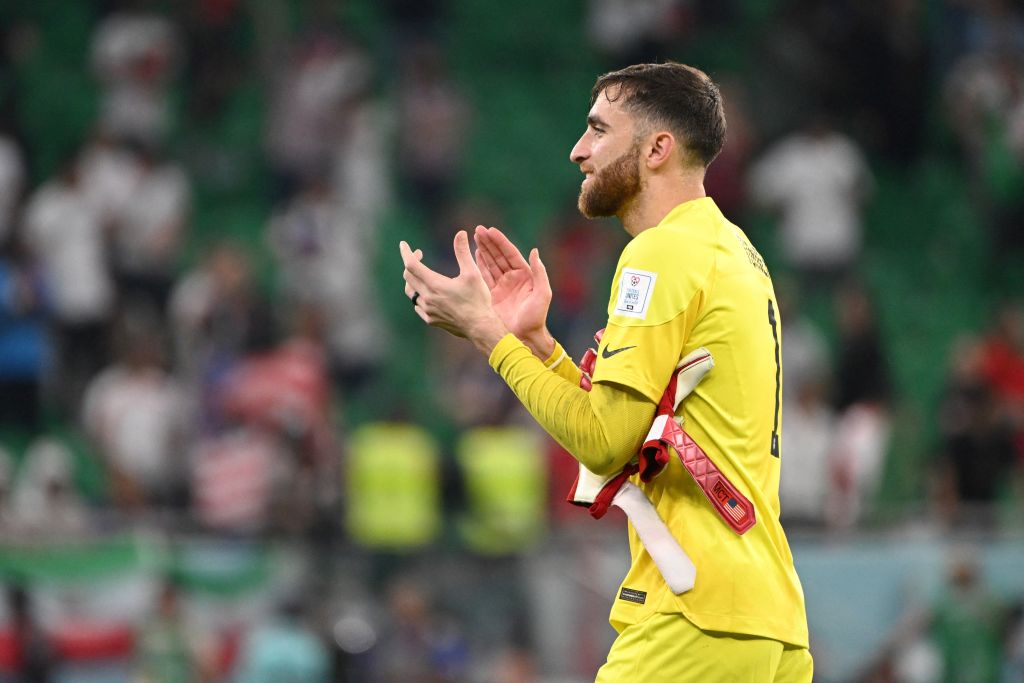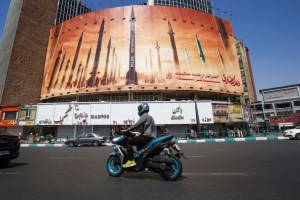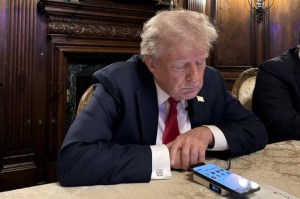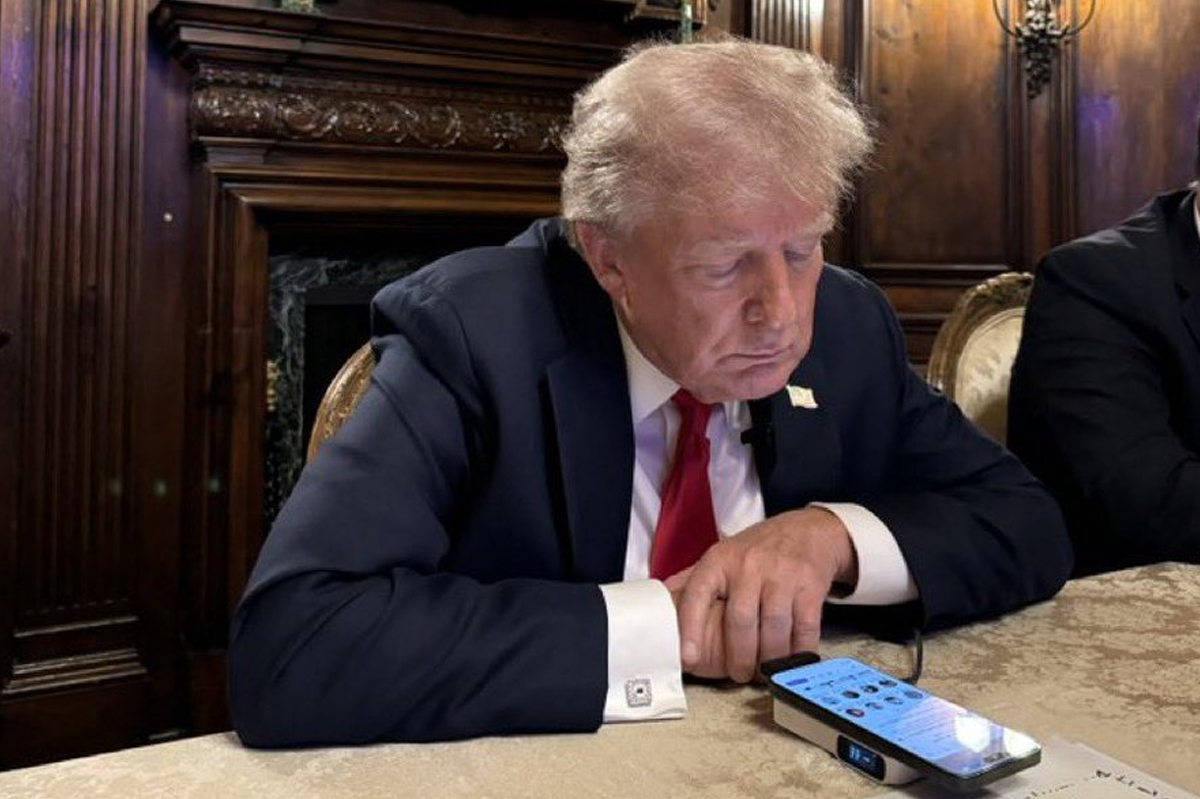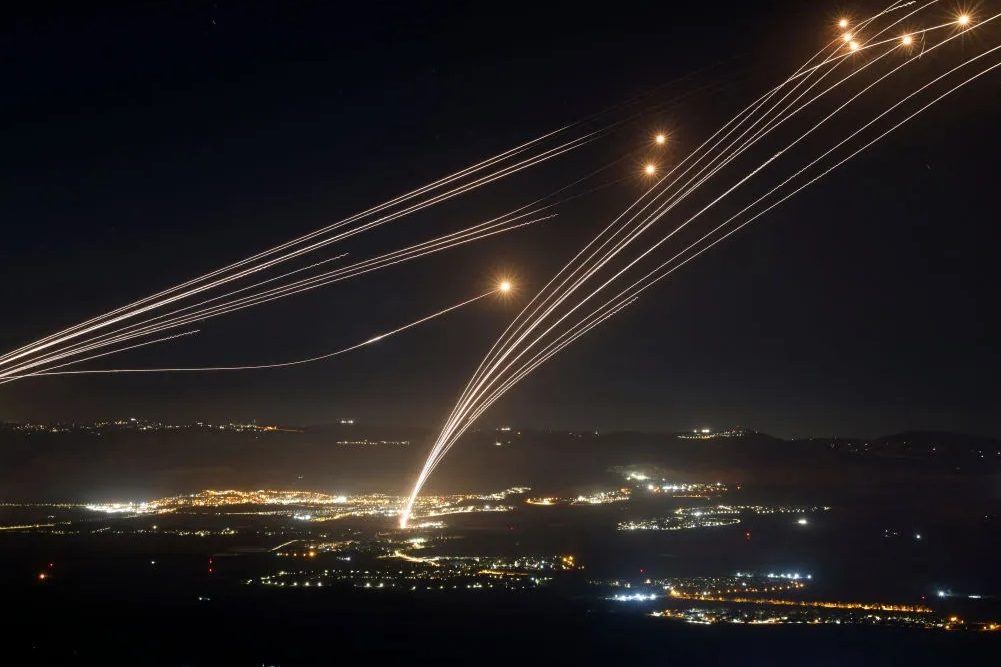The 1-0 Team USA victory over Iran in a World Cup match that was crucial to both teams seemed to take place in a different universe from the grand geopolitical narratives that swirled around it.
This was nothing like the infamous 1956 Melbourne Bloodbath between the Hungarian and Soviet water polo teams, facing off weeks after the USSR’s bloody suppression of Hungary’s revolution. The stakes in Doha were very high: for Iran, only a win or a draw would see them advance; for America, win or go home.
Yet there did not appear to be any tension or enmity between the players on the field. No screaming matches, head butts, or dirty fouls. There were few controversial calls by the referee. The match looked like it did on paper: a critical game between two teams that rarely play each other and hence have little basis for mutual hatred. (Contrast this with the US-Mexico rivalry: though the two teams don’t have any matches lined up this World Cup, I’ve seen footage of Mexico fans teaching Qataris a Spanish-language chant involving America’s mother.)
American fans coming off the game will likely be worried about how badly star Christian Pulisic was injured while scoring the only goal, not international politics. It’s similar for Iran. Though “Team Melli” faced off against two of Iran’s historical foes (England being the other), domestic politics has driven the conversation. The massive protests that have shaken Iran for eleven weeks now touched the Iranian squad.
There has been controversy in Iran about supporting the team. Voice of America’s Persian service shared a video allegedly capturing cheering after the American goal. The claimed location was Saqqez, hometown to Mahsa Amini, the young woman whose death in morality police custody sparked the uprising. A speaker in a post-match chat on the app Clubhouse (still popular in Iran) spoke of hearing similar pro-American cheering in his area. Support for Team Melli used to transcend politics. Opposition to the team shows the depth of Iran’s political crisis — and suggests a post-Islamic Republic Iran would face serious internal challenges.
The Iranian squad was not as cozy with the regime as their Iranian opponents might imply. They made international headlines when they didn’t sing the Islamic Republic’s national anthem at the beginning of their opening match against England. At a press conference the night before, team captain Ehsan Hajsafi opened with the phrase “In the name of the God of the rainbow,” an oblique reference to Kian Pirfalak, a ten-year-old killed during a crackdown. Hajsafi then expressed his sympathy for the grieving families of Iran.
For some, this was not enough. The team still had met with Iran’s bloodstained president Ebrahim Raisi before leaving for Qatar. At their next match — a dramatic 2-0 win over Wales — the team sang the anthem, as they did against the United States. CNN claimed the regime threatened the players’ families with “violence and torture” and that there was a large Iranian security presence monitoring the players in Qatar.
CNN’s story was attributed to a single “source involved in the security of the games,” but it has the ring of truth. Reports of violence, torture, and rape abound from this and past waves of protests. So do actions against dissidents’ families. And soccer stars are not immune. Voria Ghafouri, an occasional player for the national team, was briefly arrested back in Iran. Retired star Ali Karimi has faced threats and regime legal action for supporting the protests.
Amid all this domestic dissension, the regime tried to make the match about US-Iran enmity. Ahead of the match, a social media account affiliated with the United States Soccer Federation, which oversees the US team, briefly showed a version of the Iranian flag with the Islamic Republic’s symbols removed. This was a gesture of solidarity with Iran’s protesters, and plenty in Iran weren’t offended. Yet the image prompted Iranian calls for the US team to be expelled from the World Cup.
Days prior, Iran coach Carlos Queiroz publicly fired back at a prominent commentator’s accusations that the Iranian team was culturally driven to work the referee. Kayhan, the most overcaffeinated pro-regime newspaper, suggested the England and Wales games had really been against “Israel, the House of Saud, [and] traitors at home and abroad.”
At a pre-match press conference, regime media peppered US coach Gregg Berhalter and captain Tyler Adams with questions about American forces in the Persian Gulf, visa policies towards Iranians, and discrimination toward African Americans. I even caught a glimpse on the US broadcast of a fan holding a poster of Islamic Revolutionary Guards Corps general Qassem Soleimani, who died in an American drone strike a few years ago.
The regime seemed eager to craft an image of Iran alone against a hostile, hypocritical, and racist world. Yet on the field, players from both teams played like the only drama came from the match itself. It was an unremarkable game that only got my pulse up in the closing minutes. Sometimes a soccer game is just a soccer game.



